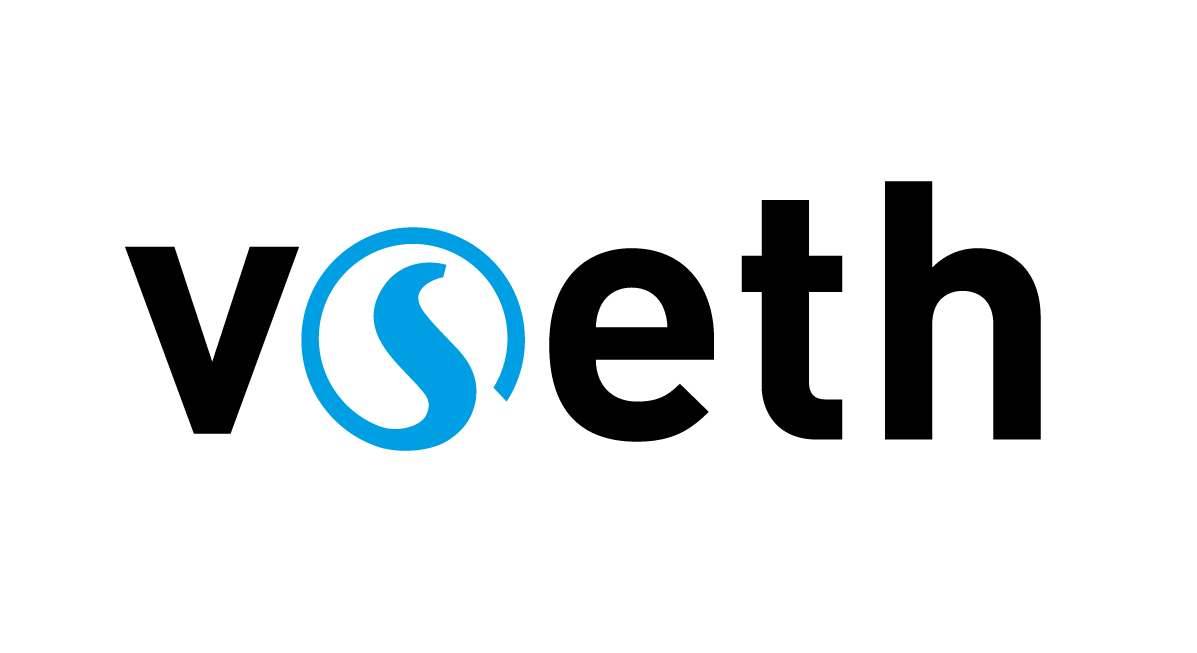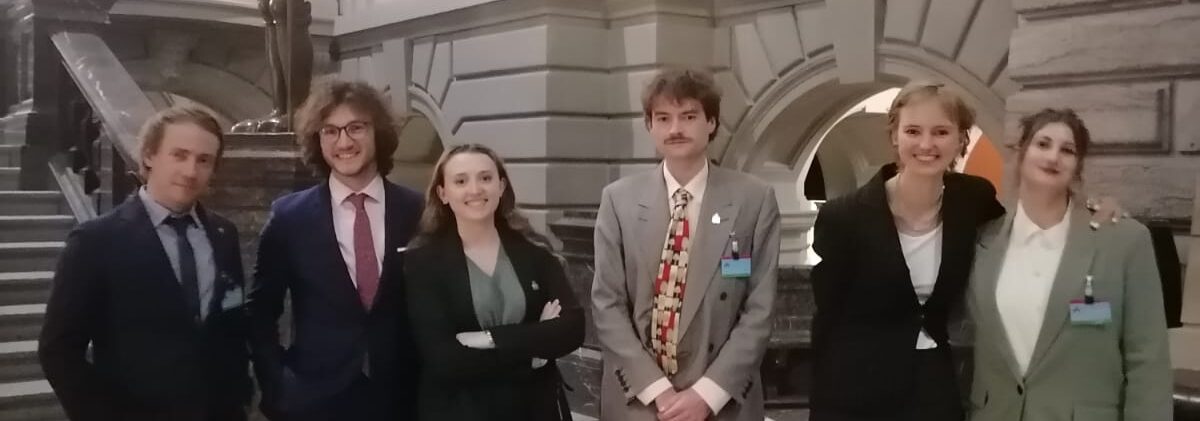Dear all,
Today the WBK-S (the Committee for Science, Education and Culture of the Council of States) met and discussed our tuition fee increase.
They voted 6 to 5 in favour of at least doubling (instead of tripling) the tuition fees for foreign students.
There is still a lot of money at stake and of course we will continue to do everything we can to ensure that there is no increase in tuition fees at all. BUT: We must not forget that this is already a huge success. Not only does this change save students around CHF 1500 per year compared to the original proposal. In addition, if the Council of States and the National Council do not agree, the proposal will go back to the National Council where it will have to be discussed again. In the best-case scenario, we have therefore just saved a year in which all students will pay the old fees because the decision will not be implemented in time for 2025/26 and furthermore this gives us more time to work against the entire increase.
As usual, all this should be taken with a healthy pinch of caution: the Council of States still has to approve the WBK-S proposal here, as the WBK-S is only preparing the voting recommendation. Also, as fast as everything is moving at the moment, it could of course still happen that the change is already implemented in the year 2025/26. But we wanted to share a glimmer of hope with you after things had looked very difficult for so long.
You can find more information about the WBK-S meeting here:
WBK-S nimmt Beratung der BFI-Botschaft 2025-2028 auf (parlament.ch)

